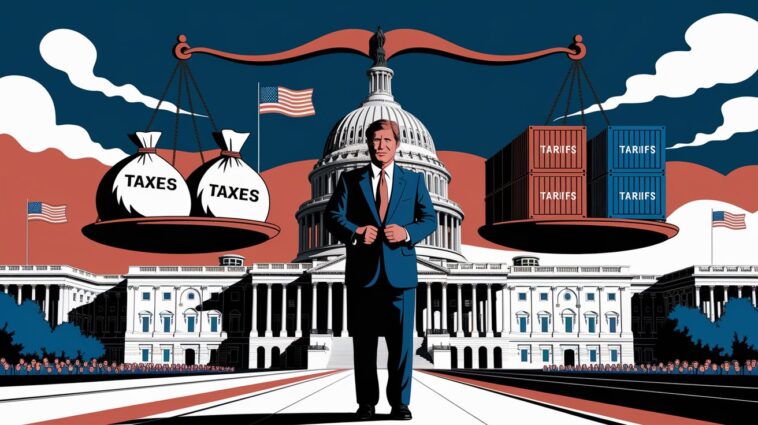A Radical Shift in Tax Policy
President Donald Trump has announced a proposal to significantly reduce, and potentially eliminate, federal income taxes for individuals earning less than $200,000 annually. The plan involves replacing income tax revenue with funds generated from new import tariffs. Trump suggests that this approach could alleviate the tax burden on middle-income Americans and stimulate domestic economic growth.
Introducing the External Revenue Service
To manage the collection of tariff revenues, Trump has proposed the creation of a new agency, the External Revenue Service. This body would oversee the administration of import duties, effectively replacing the current Internal Revenue Service’s role in income tax collection. The initiative aims to streamline revenue collection and focus on external trade as a primary source of federal funding.
Economic Implications and Criticisms
While the proposal aims to reduce the tax burden on individuals, economists have raised concerns about its feasibility. Replacing income tax revenue with tariffs could lead to increased prices on imported goods, disproportionately affecting lower-income households. Additionally, there are doubts about whether tariff revenues could fully compensate for the loss of income tax funds without causing significant economic disruptions.
Potential Impact on Cryptocurrency Markets
The proposed tax policy changes could have implications for the cryptocurrency market. An increase in disposable income for middle-income earners might lead to higher investment in digital assets like Bitcoin. However, the overall impact would depend on various factors, including market responses and regulatory developments.




